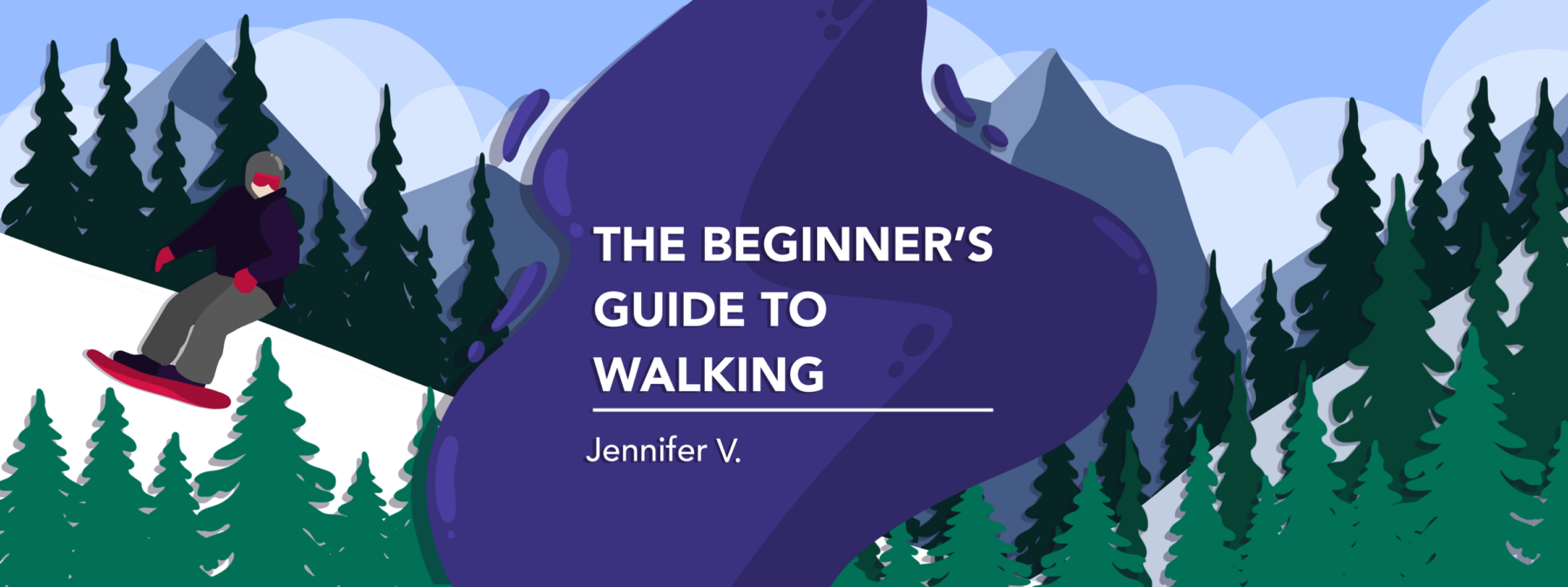Surviving the storms of life with lessons I’ve learned from NMOSD
Major stressors can drain energy that's already limited by my disease
Written by |

Last week, I was fired from my job. I’m still disappointed and angry but mostly confused. I can’t talk about the specifics, but I can share that major life stressors — particularly situations that can’t be undone, such as losing a job, enduring a divorce, or grieving the death of a loved one — bring additional instability to a body already fighting to maintain equilibrium.
Living with neuromyelitis optica spectrum disorder (NMOSD) is an ongoing challenge, and stress magnifies its impact, intensifying fatigue, triggering relapses, and making symptoms harder to manage. NMOSD already requires immense resilience, but when irreversible disruptions arise, I feel like the true depth of my inner strength is tested. If nothing else, NMOSD has taught me how to endure chaos and push through life’s most turbulent moments.
Finding ways to get back up
When the weight of NMOSD, combined with unexpected life upheavals, feels unbearable, I’ve had moments when I’ve questioned my ability to keep going. But strength isn’t just about endurance; it’s also about adaptability and finding ways to get back up when circumstances knock me down. Every time I’ve faced the unimaginable, I’ve leaned on the knowledge that I’m a survivor. It’s almost as if NMOSD has built reservoirs of resilience in my mind. While it’s difficult to tap into that reserve, mainly because doing so means I’m facing yet another life challenge, I will if I must.
Strength comes in small victories, including the decision to get out of bed, ask for help, allow myself rest, and keep moving forward even when I’m in disbelief that this is my life right now.
Stress drains energy, and because of NMOSD, I already don’t have much energy to spare. In times of crisis, prioritizing rest becomes essential. That might mean learning to say no to unnecessary obligations, creating a quieter environment, or setting boundaries with those who unintentionally add pressure. Rest isn’t laziness — it’s survival.
NMOSD has taught me to rely on my friends, family, therapist, and other members of my support network when I feel ready to do so. Grieving the loss of an opportunity and facing financial insecurity feels isolating, but I know that’s the last thing I need. Connection, whether it’s through a simple conversation, a shared meal, or a heartfelt message, reminds me that I don’t have to endure hardship alone.
When I’m facing uncertainty in general, I try to focus on small certainties. I’ve always found that it’s easier when I involve my loved ones. With NMOSD, uncertainty already looms over everything, so I try to create small pockets of stability. That might mean maintaining a morning routine, going for a walk, talking with a friend, trying out a healthy recipe with my family, or alerting my social network that I’m turning my phone off while I have a nap.
There’s also pressure to “bounce back” quickly, to show the world that I can handle whatever life throws at me. But healing doesn’t come with a deadline. Some days NMOSD symptoms may be manageable, while other days they may feel unbearable. The same applies to emotional wounds and overcoming life’s hurdles. Giving myself permission to feel things — without guilt or the need to prove my strength — can be the first step toward navigating pain in a healthy way.
The weight of financial uncertainty or heartbreak can make optimism feel out of reach. Yet even in my hardest moments, NMOSD has taught me that hope still has a place. Hope doesn’t mean ignoring suffering or avoiding a fight when it’s necessary. It means recognizing who I am and knowing the depth of my strength and my ability to face anything. Hope is believing that, no matter how difficult today is, I’ll get through it. “This too shall pass” reminds me that better days are ahead. And ultimately, shaping those better days is up to me.
Living with NMOSD teaches a kind of resilience that few understand. It forces me to redefine strength, patience, and endurance. When life’s unavoidable storms arrive, that same resilience will carry me forward — not perfectly or painlessly, but with the knowledge that I’ve already survived so much.
Note: Neuromyelitis News is strictly a news and information website about the disease. It does not provide medical advice, diagnosis, or treatment. This content is not intended to be a substitute for professional medical advice, diagnosis, or treatment. Always seek the advice of your physician or other qualified health providers with any questions you may have regarding a medical condition. Never disregard professional medical advice or delay in seeking it because of something you have read on this website. The opinions expressed in this column are not those of Neuromyelitis News or its parent company, Bionews, and are intended to spark discussion about issues pertaining to neuromyelitis optica spectrum disorder.





Danielle Lillie
The best article I have read. You hit the nail on the head. Sharing with my family and friends so they can understand the new me! Thank you for writing and sharing
Jennifer V.
Hi Danielle. Thank you for the kind words. I hope sharing my experience with your network will help them understand what you're facing with NMOSD. Stay strong and be kind to yourself.